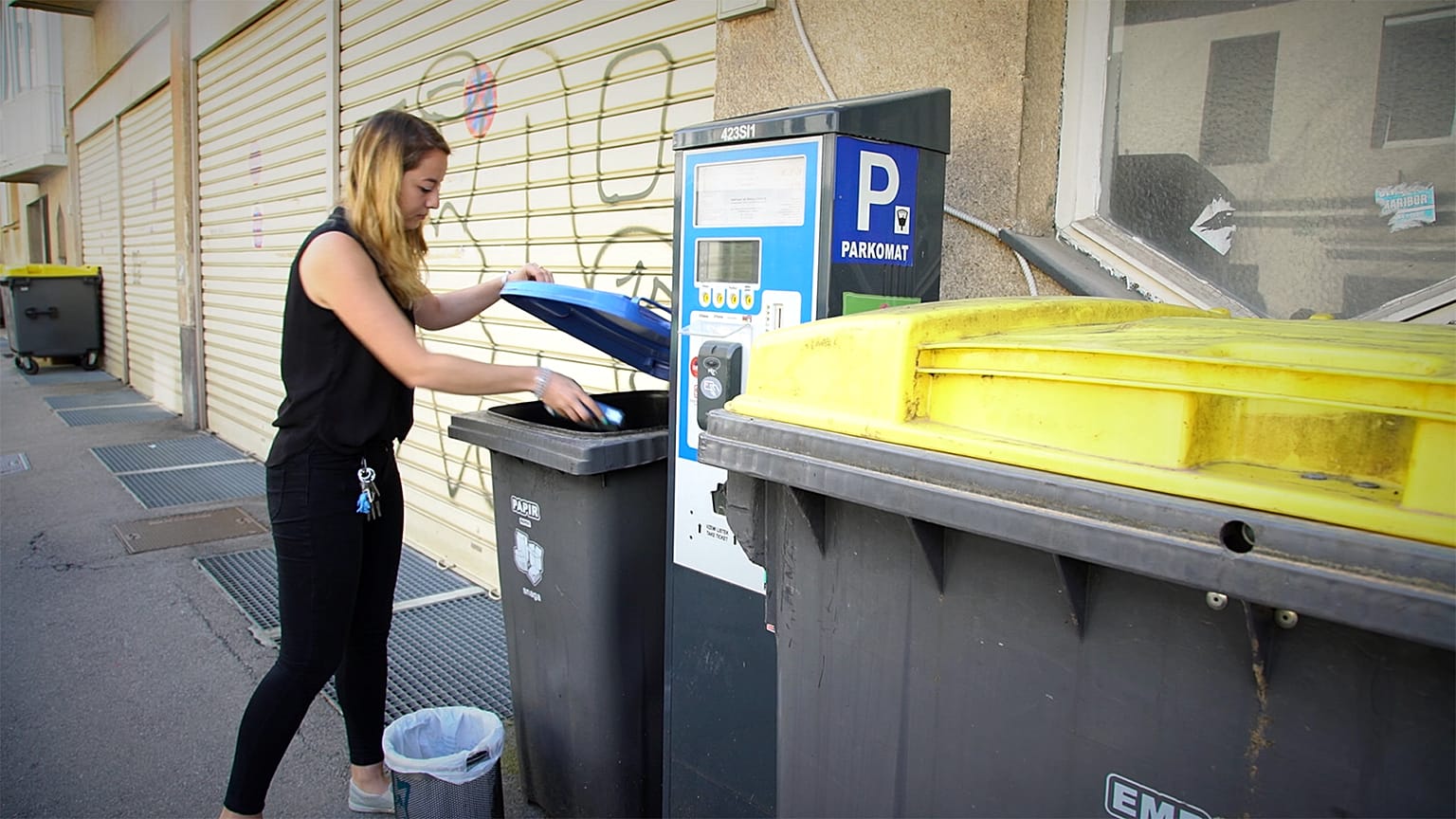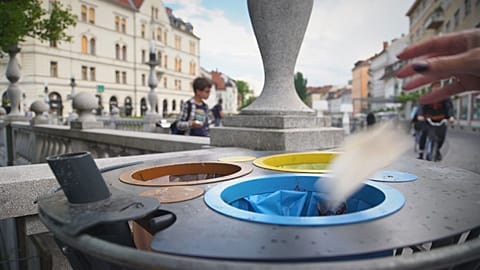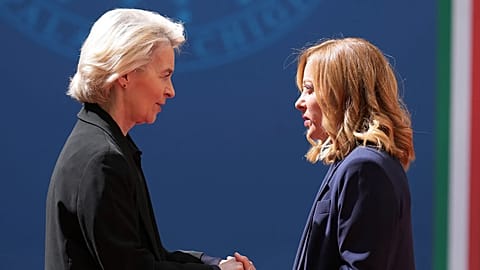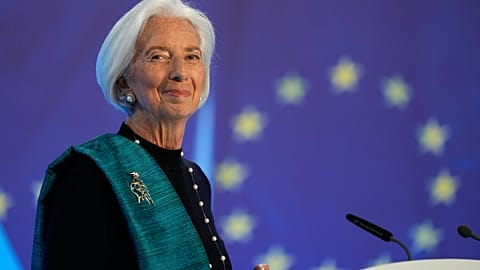Waste recovery is necessary to reduce the increasing quantity of landfill and other forms of rubbish dumping. Garbage can be transformed into fuel, wood, compost and other materials. Doing this can help to cut contamination, greenhouse gas emissions and landfill use.
Waste recovery is necessary to reduce the increasing quantity of landfill and other forms of rubbish dumping.
Garbage can be transformed into fuel, wood, compost and other materials. Doing this can help to cut contamination, greenhouse gas emissions and landfill use.
The Ljubljana Regional Waste Management Centre (RCERO Ljubljana) is the biggest environmental project in Slovenia, and the most modern facility for waste treatment in Europe.
It is also Slovenia’s biggest cohesion fund environmental project, and a great example of regional cooperation.
Euronews’ Aurora Velez spoke with RCERO Ljubljana’s Founder and Head of Investments and Development, Mjtja Praznik, who created, designed and founded the centre from scratch.
Euronews: How did you come up with the idea for the project?
Mjtja Praznik: Some of the activities started in 2000 when Slovenia was joining the EU: we had to adopt a lot of legislative changes in the field of waste management. Up to that time, most of the municipal waste was thrown into landfill. And this, according to new legislation, needed to stop.
So we thought we needed to treat waste: first, separate it, and then use it for material recycling and energy recovery.
Euronews: What is - according to you- the impact of the project in Slovenia and in Europe?
Mjtja Praznik: Slovenia was treating its municipal waste mainly by landfill, losing all the materials and all the energy. By changing the principle, and by introducing this new treatment for waste, the rate of material being recycled has considerably improved.
We have also replaced some combustibles and energies from the fuel produced in the waste and, last but not least, we have also significantly reduced the amount of waste that is going into landfill. From the new plant, only 2% of the waste goes there: the other 98% is transformed into fuel!
Euronews: How do you feel about having created the project from scratch?
Mjtja Praznik: I am very proud of this project. I had the idea 20 years ago and had started researching the technology then.
I am happy that we were able to use our previous experience from landfill, gas extraction and utilisation. All this knowledge has been key to the project. We have aerobic treatment, anaerobic treatment, mechanical treatment: these are all my babies!
I started with it, and I went through all these phases: preparing, studying, comparing different technologies. And lastly, opting for the finance from the European Commission, because the project was not cheap!
Then it took around three and a half years to get the project ready for operation. I'm happy that it was a long project because it is a big one that can't be done overnight.
This interview has been lightly edited and condensed for clarity.


















